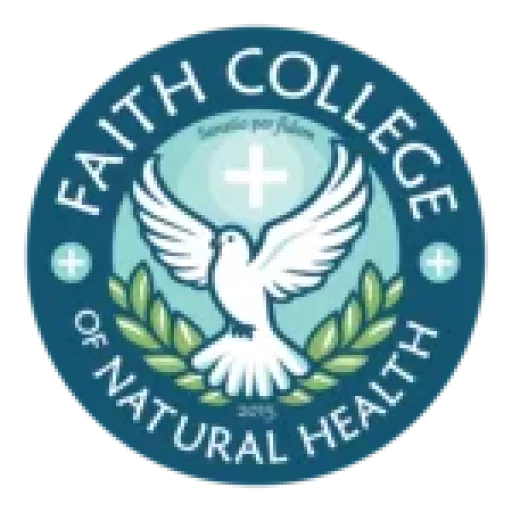In today’s world, more people are seeking natural, preventative, and faith-based approaches to wellness. As the demand for holistic health professionals grows, many students are wondering if pursuing a doctorate in holistic medicine is truly worth it. The answer depends on your goals, calling, and how you want to serve others through health and healing.
What Is a Doctorate in Holistic Medicine?
A doctorate in holistic medicine is an advanced degree that focuses on the study of whole-person health—mind, body, and spirit. Unlike conventional medicine, which often focuses on treating symptoms, holistic medicine emphasizes the root causes of illness and the importance of lifestyle, nutrition, environment, and spiritual well-being.
Doctoral programs in holistic medicine may include courses in:
- Natural and herbal medicine
- Integrative nutrition
- Mind-body connection and stress management
- Energy healing and alternative therapies
- Biblical or spiritual foundations of health
Graduates often pursue careers in education, research, natural health coaching, consulting, or integrative wellness practices.
The Benefits of Earning a Doctorate in Holistic Medicine
1. Deep Knowledge and Expertise
Earning a doctorate helps you gain an advanced understanding of natural health principles, disease prevention, and holistic healing methods. This knowledge empowers you to confidently guide others toward balanced, healthy living.
2. Increased Credibility
Having a doctorate in holistic medicine can strengthen your professional credibility—especially if you plan to teach, open a wellness center, or work with clients seeking faith-based, natural health guidance.
3. Broader Career Opportunities
Graduates can work in diverse areas such as wellness education, holistic nutrition, research, and even community health ministries. The degree can also enhance your ability to publish, speak at conferences, or mentor other health professionals.
4. Personal Growth and Spiritual Fulfillment
Beyond academics, studying holistic medicine often deepens your understanding of God’s design for the human body. Many students report feeling spiritually renewed as they learn how faith and healing intersect.
Things to Consider Before Enrolling
While the benefits are meaningful, a doctorate in holistic medicine requires time, dedication, and clear purpose. Before enrolling, consider the following:
- Accreditation: Ensure the program aligns with your educational and professional goals.
- Career Path: Decide whether you want to teach, practice, or conduct research.
- Cost and Time Commitment: Doctoral programs can take several years to complete.
- Legal Scope of Practice: Depending on your location, holistic medicine degrees may not qualify you for medical licensure. Always research your state or country’s regulations.
Is It the Right Path for You?

If you feel called to promote wellness from a natural and faith-based perspective, then pursuing a doctorate in holistic medicine could be a powerful way to expand your impact. It equips you not just with scientific and holistic knowledge, but also with a spiritual foundation for serving others through healing and education.
At Faith College of Natural Health, we believe that true health begins when faith and natural wisdom work together. Our mission is to empower students to lead with compassion, integrity, and understanding—helping others experience whole-person wellness the way God intended.
Final Thought:
A doctorate in holistic medicine is more than a degree—it’s a journey of personal growth, professional development, and spiritual discovery. For those who feel called to make a difference in the world of natural health, it can indeed be worth it.

